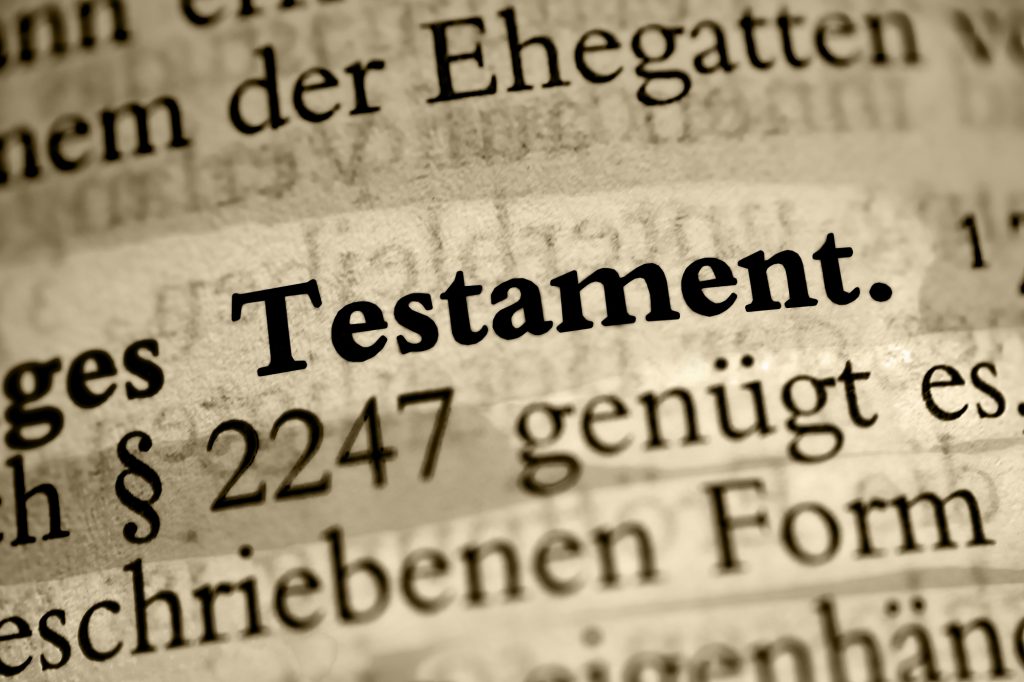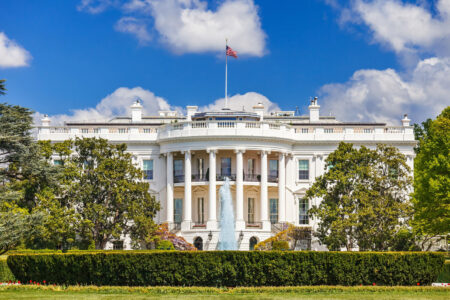Death is a fact of life. They say that without death, life wouldn’t be appreciated at all. But hardly anyone wants to deal with death. However, as far as crypto-vision is concerned, I think it’s a good idea to deal with the concept of death.
In this two-part series, the technical and legal challenges for owners of crypto-valuables will be exhibited. While the first part focuses on specialities in the inheritance of cryptovaluables and the position of heirs, the second part deals with practical implementation, including model contracts.
Most people are afraid to think about their own death. Therefore it is not surprising that thousands of people who own crypto-valuables like Bitcoins and Ether have never asked themselves about what happens to their assets, if they were to die…
In this context, it would be important to think about how the heirs can get access to the crypto-values. After all, there is no authority or company that could restore access to wallets. It depends solely on the testator whether he or she provides his or her heirs with sufficient information to enable them to access the crypto assets left behind. Without a plan, it is quite possible that the crypto values are lost forever. There are also books that deal with this topic. For English speaking people, we recommend the book by Pamela Morgan entitled "Cryptoasset Inheritance Planning: A Simple Guide for Owners". A book by Marc Steiner entitled "Kryptos - Verwahren und Vererben" will soon be published in German-speaking countries.
Planning is everything
Headlines like: "Founder dead, private key gone" or "Crypto-millionaire died: Family Searches for Private Keys" are not new, and yet an alarmingly few people deal with the topic. Even crypto exchanges do not know how to deal with this topic and are not able to offer a recovery mechanism. So whether the heirs ever learn anything about the testator's crypto values depends solely on the testator.
A brief excursion into inheritance law
Swiss law distinguishes between two types of heirs. On the one hand, there are the legal heirs, usually children, spouses and close relatives, who by law share in the inheritance. On the other hand, there are the so-called appointed heirs, who participate in the estate on the basis of a will or a contract of inheritance. In addition, there may be other beneficiaries, such as legatees, who do not have the status of heirs but nevertheless participate in the estate.
If the testator does not issue a corresponding order in a will or inheritance contract, only the legal heirs inherit. When there are descendants, they inherit in equal shares. If there are no descendants, the inheritance goes to the tribe of the parents. The parents also inherit by halves. In place of the pre-deceased mother or pre-deceased father, the descendants (usually brothers and sisters of the deceased) take over. If there is a surviving spouse, he or she will inherit half (if there are descendants of the deceased). If there are no descendants, he/she will inherit ¾, if there are heirs on the parental line. Otherwise, he receives the whole inheritance.
Conversely, this means that without a will, the long-term partner receives just as little as the best friend and the godchild. They all go away empty-handed without a will. In most foreign jurisdictions, the situation is similar. So if you want to consider other people, you need to plan.
Specialities in the inheritance of cryptos
When planning the inheritance of crypt values, the following points must be observed:
No one has knowledge of
If none of the heirs has any knowledge of the possession of cryptographic values of the deceased, they will not search for them. It will therefore not bother the heirs any further. If, however, cryptovalences suddenly appear in an earlier tax return of the deceased, the situation is naturally different. Since the deceased still has to pay taxes in Switzerland until his or her death and the heirs therefore have to file another tax return, it is quite possible that the heirs will look at the previous tax returns. It is therefore important that the testator informs his heirs or a trusted third party in good time that he owns crypt assets and how these can come into the possession of the heirs after his death.
Preventing the treasure hunt
The decentralized nature of cryptographic values has the disadvantage that access to the wallets is not possible without private keys / seed phrases. Without the necessary access information of the owner, the heirs cannot access the Wallets. There is no state authority that can help here. Therefore, it is important not only to inform the heirs about the ownership of crypto values, but also to provide them with the necessary information at the right time so that the heirs have access to the crypto values. It is important to note that the heirs may not have the same technical knowledge as the testator. A good balance between complexity, security and user-friendliness is important. It is of no use if the heirs need 2 years to decrypt the testator's access plan.
The race for the jackpot
It is important to prevent an heir or a third party from trying to secretly put the crypt values aside. In this respect, cryptovaluations are very similar to jewellery or cash. Whoever finds them first can theoretically appropriate them. Jewellery or cash is usually only "stolen" by a limited number of people. Also, this property often reappears somewhere and leaves traces. In the case of crypto-valuables, the "thief" can ensure with minimal effort that the remaining heirs cannot prove who stole the valuables. Theoretically, it could also have been any hacker.
To defuse this problem, it can be useful to pass on some of the access information to a neutral third party. A friend, executor or notary public, for example, can keep part of the necessary information and only hand it over to the heirs if it is certain that the testator has died and the heir is entitled to it. Banks already take over this function today and only make payments from the testator's bank account if the heirs prove to be entitled to do so.
In the part two, read about the practical planning and implementation of a bequeathing of crypto-values.




